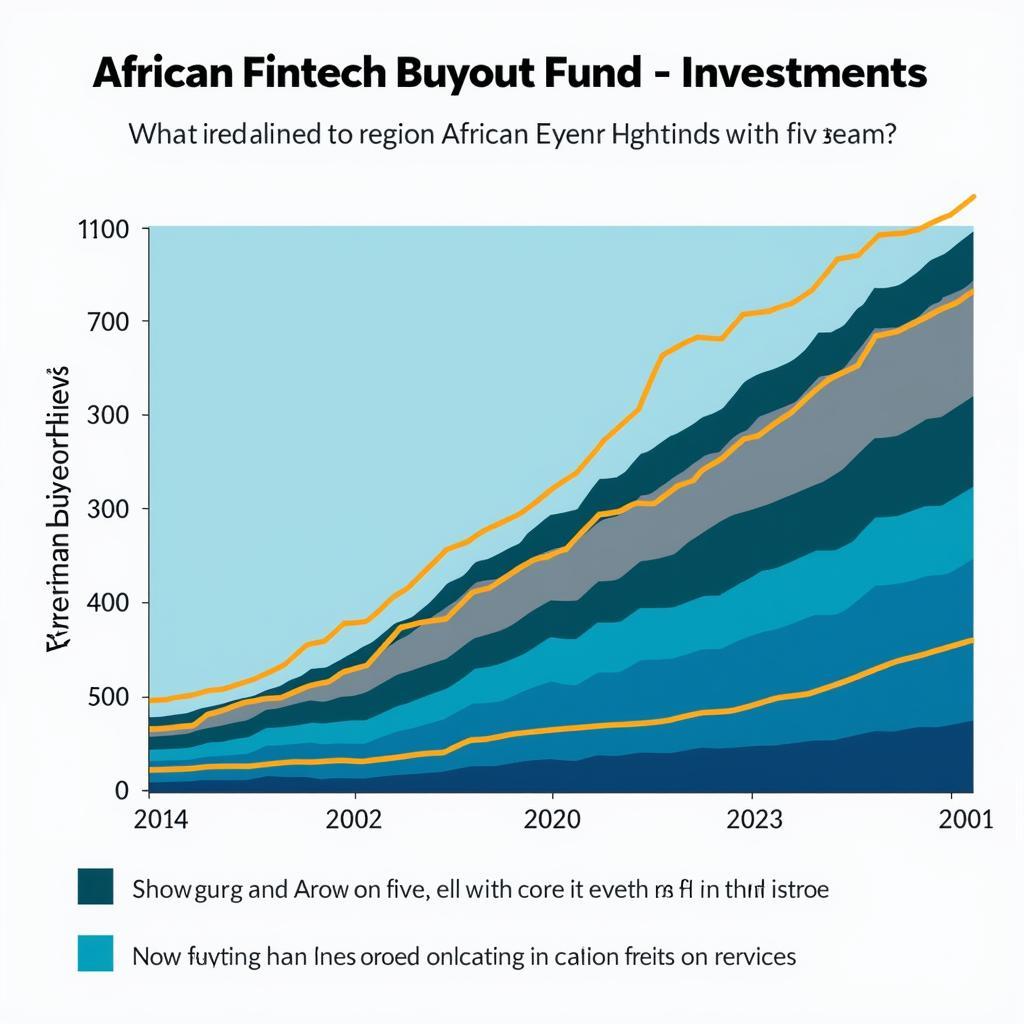Unlocking Africa’s Potential: The African Cashew Initiative
The African Cashew Initiative is transforming the lives of farmers and boosting economies across the continent. This initiative aims to increase cashew production, improve processing capabilities, and create sustainable value chains within Africa. From farm to market, the impact of this initiative is being felt, promoting economic growth and empowering communities.
What is the African Cashew Initiative?
The African Cashew Initiative (ACI) is a multi-faceted program focused on developing the cashew industry in Africa. It seeks to unlock the enormous potential of cashew nuts as a valuable agricultural commodity, driving sustainable economic development and poverty reduction. ACI works by partnering with governments, farmers, processors, and other stakeholders to improve farming practices, increase yields, and strengthen market access. This collaborative approach aims to create a thriving cashew sector that benefits everyone involved. The initiative has been instrumental in improving the livelihoods of numerous farmers and their families.
The Impact of the African Cashew Initiative on African Economies
african food exports has seen an increase due to the rise of cashew farming. The African Cashew Initiative is having a profound impact on African economies, particularly in countries like Côte d’Ivoire, Tanzania, and Benin, where cashew production is significant. By fostering increased production and adding value through processing, ACI contributes significantly to export revenues. This influx of capital strengthens national economies and creates employment opportunities across the cashew value chain. The initiative has also spurred investments in processing facilities, creating jobs and boosting local economies.
How ACI Supports Cashew Farmers
ACI provides valuable support to cashew farmers through various programs and initiatives. These include training in improved farming techniques, access to quality inputs like fertilizers and pesticides, and promoting sustainable agricultural practices. By equipping farmers with the knowledge and resources they need, ACI empowers them to increase their yields, improve the quality of their cashews, and earn higher incomes.
The Challenges and Future of the African Cashew Initiative
Despite its significant achievements, the African Cashew Initiative faces various challenges. These include access to finance for farmers and processors, competition from other cashew-producing countries, and the need for further development of processing capacity. Overcoming these challenges is crucial to ensure the long-term sustainability and success of the initiative. “Building stronger links between farmers, processors, and exporters is crucial for maximizing the value of the African cashew industry,” says Dr. Aminata Diallo, an agricultural economist specializing in African commodity markets.
african cashew processing needs to be invested in. Investing in infrastructure, such as storage facilities and transportation networks, will significantly reduce post-harvest losses and enhance market access for farmers. Furthermore, strengthening regional collaboration and knowledge sharing will play a key role in driving innovation and ensuring the continued growth of the African cashew industry. “Investing in african board for nuts can help create a more streamlined and efficient market for cashew nuts,” adds Mr. Kwame Asante, an agricultural consultant with extensive experience in West Africa.
Conclusion
The African cashew initiative is a powerful force for economic growth and poverty reduction across the continent. By empowering farmers, promoting sustainable agriculture, and strengthening value chains, the initiative is transforming lives and building a brighter future for African communities. Continued investment and support for the ACI are essential to unlock the full potential of the African cashew industry.
FAQ
-
What is the primary goal of the African Cashew Initiative?
- To develop the cashew industry in Africa, boosting economies and improving livelihoods.
-
How does ACI support cashew farmers?
- Through training, access to inputs, and promoting sustainable practices.
-
What are some of the challenges faced by the African Cashew Initiative?
- Access to finance, competition, and the need for more processing capacity.
-
Which African countries are major cashew producers?
- Côte d’Ivoire, Tanzania, and Benin.
-
What is the economic impact of the ACI?
- Increased export revenues, job creation, and local economic growth.
-
What role does processing play in the ACI?
- Adds value to the cashew nuts, boosting incomes and strengthening economies.
-
How can the future of the ACI be secured?
- Through continued investment, regional collaboration, and addressing the existing challenges.
african alliance management team and african art minerals inc can potentially benefit from the growth of the cashew industry, though indirectly.
For any assistance, contact us: Phone: +255768904061, Email: kaka.mag@gmail.com or visit us at Mbarali DC Mawindi, Kangaga, Tanzania. We offer 24/7 customer support.


